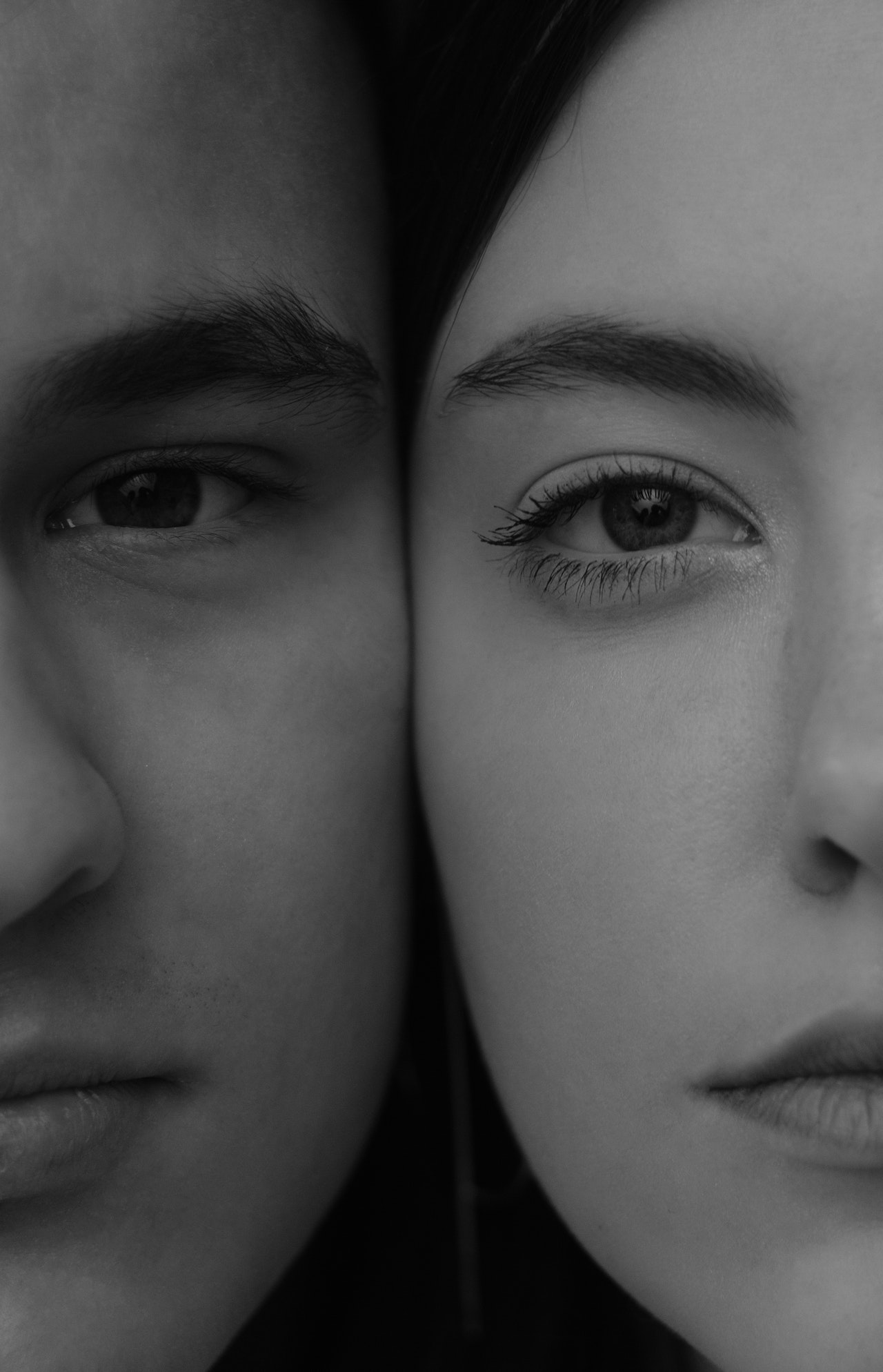
As a recovering love addict and codependent, I am so grateful that I am able to provide unwavering support and guidance to people struggling with love addiction as they embark on their painful and necessary journey of recovery.
So many people are unfamiliar with the fact that love addiction (and sex addiction) is a real thing. Love addiction (aka relationship addiction) is a powerful process addiction that usually accompanies codependency afflicting both men and women equally.
The effects can be quite damaging on the soul. These addictions keep us stuck in cyclical relation patterns until we finally seek help for the addiction.
Symptoms of love addiction can include:
>> Fantasizing constantly about love and thinking that love and relationships can save you.
>> Repeating unhealthy relationship patterns, such as toxic, narcissistic, and push and pull relationships.
>> Staying in an unhealthy or toxic relationship because you fear being alone or cannot give up the fantasy that you have created.
>> Giving too much and allowing the relationship to emotionally and physically deplete you.
>> The thought of leaving the relationship causes you intense anxiety and pain so you choose to stay.
>> You experience severe withdrawal symptoms when you leave the relationship, which ultimately forces you to return.
These are just a few symptoms of love addiction; however, there are many different types of love addiction that have their own set of symptoms, and of course, attachment styles play a huge part in the addiction process as well.
Process addictions are difficult to treat without help; therefore, it is important to seek guidance if we feel this is something we might be experiencing.
I always knew something wasn’t right when it came to me and my romantic relationships. I flip-flopped between being anxiously attached and a borderline stalker to an avoidant running from any type of intimacy that might seep through my armor.
The interesting thing about love addicts is that the one thing we crave is the thing we fear the most.
Recovery from love addiction takes an incredible amount of time, total commitment, deep inner strength, an unwavering support system, and a safe and sacred space to heal.
True healing can only take place in a peaceful, quiet, and safe environment.
Please know that this type of addiction will not heal on its own—you cannot wish it away, ignore it, or find the “perfect partner” who will fix everything. It’s just not possible.
Below are critical steps to healing that will help you get started on your recovery journey today:
- Find a coach, therapist, or support group that specializes in process addictions.
- Be in an environment that is peaceful, beautiful, calm, and drama-free. Healing can only be done in peace; you cannot heal amidst chaos. Healing your heart, mind, and body is critical to your recovery.
- Break the attachment to what you are addicted to. In the case of love addiction or codependency, it is your partner or ex-partner. Recognize, accept, and work to release the attachment. Let go of the addiction. Go no contact.
- Create a daily routine that you are committed to. Routine is everything when it comes to recovering from addiction and retraining your brain. Creating a new and healthy routine is something you and your coach can develop based on your level of commitment, recovery needs, and schedule (work, kids, home, ex, family, and so on).
- Understand, without any confusion, that you will go through an undetermined period of intense withdrawal and withdrawal symptoms (you can discuss this in more detail with your coach).
- Form detachment or a “breakup support group” of your own with the people you trust who will support your recovery; or join a support group in your area (LAA, SLAA, or CODA are good places to start).
- Make a nonnegotiable commitment to yourself to stay apart from your addiction. Stay single and stay committed to your recovery despite the withdrawal, loneliness, sadness, and anxiety. Follow through with this commitment and you will start feeling the benefits. Reminder: stay no contact.
- Talk to your doctor and discuss any medications that may be helpful to you during this time for anxiety, depression, and/or sleeplessness. You could experience many different emotions during this time—it’s critical you don’t white-knuckle it.
- Enlist the help of a coach, a therapist, or a support group to help you work through the underlying issues that had led to this addiction to begin with. Most likely, you may have experienced some form of childhood trauma. You are not alone in this battle. It’s time to reach out to your inner child.
- Engage in self-love and self-care activities, which are critical for you at this time. Your coach can provide you with a list of activities to get you started.
- Forgive and do not shame yourself for having this addiction. It is not your fault; however, it is time for you to move past the trauma and let go of the baggage you have been carrying around with you. Let it go.
- Find gratitude for what you do have and recognize what brings you serenity and joy. Understand that joy comes from the simplest of things. Peace, stability, drama-free, and secure relationships with those you can count on and trust. Joy comes from pets, hobbies, good friends, exercise, reading, hot baths, watching a documentary, taking a walk in nature, journaling, and so on.
- Incorporate daily exercise in your routine to increase those feel-good endorphins. Yoga, walking, running, biking, hiking, weights, dancing…whatever gets you moving.
- Find your creativity. Crafts, writing, drawing, making jewelry, decorating, painting, finishing furniture, or whatever feeds your soul—please do it.
- Nourish your body and be mindful when eating. Eat when you are hungry, do not emotionally eat or emotionally starve yourself. Take supplements. Drink plenty of water. Your body may be taxed with harmful toxins and an enormous amount of cortisol right now. Your adrenal glands could be drained. Sleeping is probably not happening. Your body needs good and healthy food, supplements, and rest to be able to start the healing process.
- Cry until you can’t cry anymore. Just let it out. I promise, there is an end. Until tomorrow.
- Meditation—self or guided. Just be still and listen to your mind and body as they connect.
- Spend some time alone. Free yourself from chaos, drama, noise, people, and chatter (especially mindless chatter). Spend time with yourself in a quiet setting—in a place that brings you peace. Lay on your yoga mat and just be. Sit in your favorite chair and just be still. Take a walk in nature and let your thoughts be free. Ask your Higher Power to clear your mind and free your soul.
- Feel the feelings that come up for you and do not push them away. Feel them and then let them go, give them to your Higher Power, trust that they will take them off your hands—even just for a moment. The only way over it is through it.
- Sleep as much as you can. Resting our bodies and our minds is critical to healing.
Happiness does not come from addictive actions/behaviors, or toxic relationships. The time that is spent chasing your next high or escaping from the pain is time you could spend healing your wounded soul.
Check in with that inner child and ask her what she needs. Spoil her with the love and attention she didn’t get as a child. Protect her. Tell her you will no longer chase something that doesn’t want to be caught and you will no longer put her in dangerous, sad, or toxic situations. Let her know that you will meet her needs and always care for her. That is what she needs to know.
Happiness comes from peace, healthy eating, exercise, positive relationships with ourselves and others, and rest.
Addictive relationships tax our minds and our bodies and keep us in fight-or-flight mode all while chasing that dopamine rush. Although withdrawal is painful, it is necessary to remove what’s toxic from our bodies and our minds so we can start to think rationally and heal from within.
Consider doing some energy work or an at-home-toxic-cleanse to help you detox from the negative energy you might have been storing.
There is life without addiction; however, please know you are not alone in your struggles.
~











Read 0 comments and reply